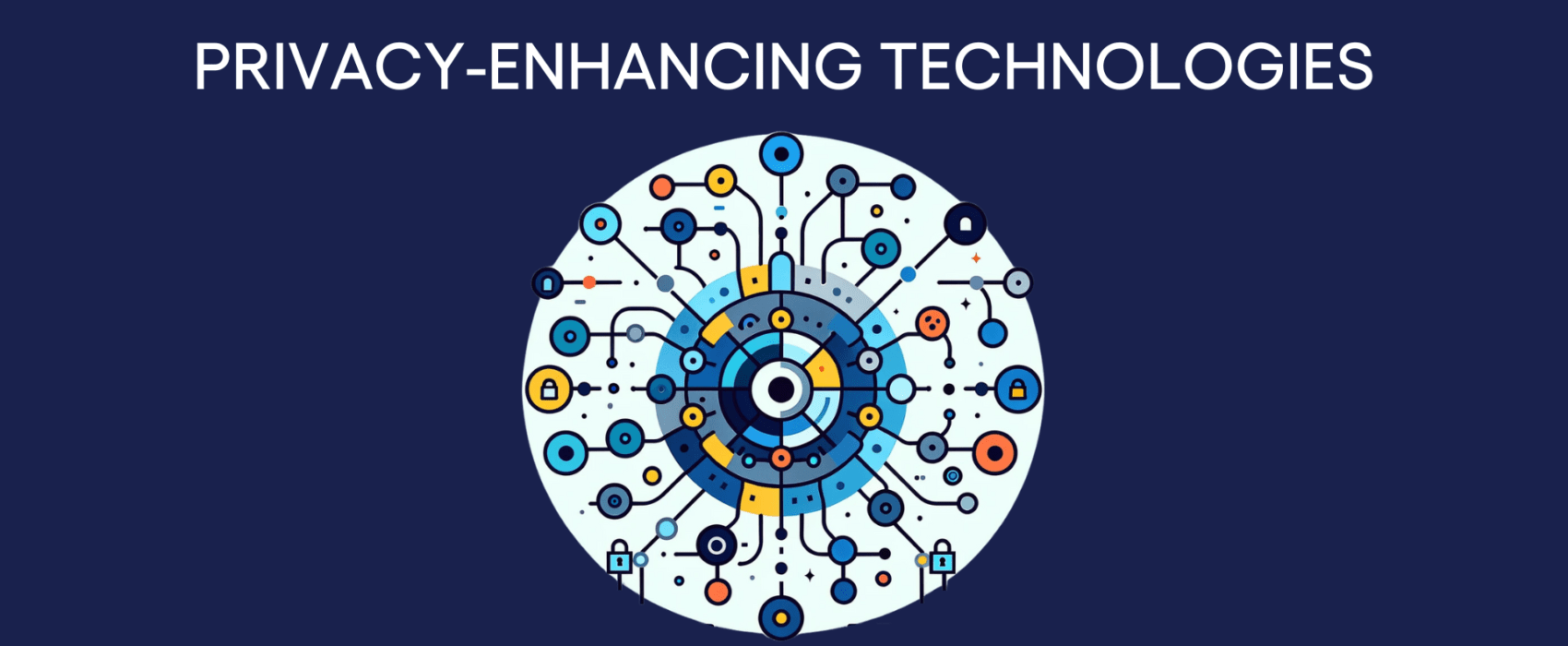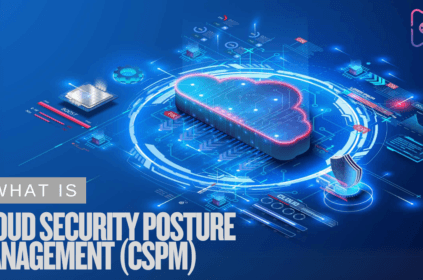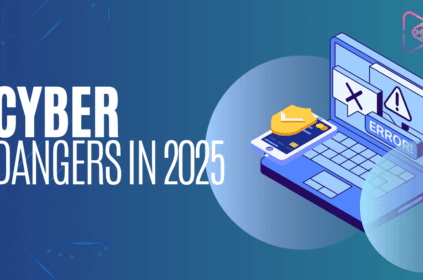Data privacy isn’t just a security feature; it’s the foundation of trust in the digital age. With Privacy-Enhancing Technologies, we can protect what matters without sacrificing innovation.
In today’s data-driven landscape, privacy and protection have become indispensable components of every organization’s digital strategy. While major cloud providers like Amazon Web Services (AWS) have made significant advancements in advanced cloud security, the need for Privacy-Enhanced Technologies (PET) remains more critical than ever. These technologies offer an additional layer of protection, enabling organizations to safeguard sensitive data even in the most advanced cloud environments. This article dives deep into the importance of PET, focusing specifically on two transformative technologies: Homomorphic Encryption and Federated Learning.

The Security Dilemma
Cloud providers have made commendable progress in strengthening their security frameworks to shield sensitive data. AWS employs a multifaceted approach, incorporating encryption, identity and access management, and real-time monitoring tools to enhance data security. Despite these advancements, organizations are still vulnerable to security breaches and data leaks.
The ongoing challenge, known as the Security Dilemma, emerges from the escalating sophistication of cybercriminal tactics as security measures evolve. This reality underscores the necessity for organizations to extend their security strategies beyond server-side protections and embrace PET to fortify their data privacy.
Understanding Privacy-Enhanced Technologies
Privacy-Enhanced Technologies (PET) encompass a range of solutions designed to safeguard data while allowing it to be utilized for analysis and decision-making. These technologies provide organizations with innovative ways to maintain data confidentiality, integrity, and availability. Two standout examples of PET are Homomorphic Encryption and Federated Learning, each offering unique approaches to addressing privacy concerns.
Homomorphic Encryption: Privacy Without Compromising Utility
Homomorphic encryption represents a significant advancement in data security. This innovative technology allows computations to be executed on encrypted data without the need for decryption. In essence, organizations can analyze and manipulate data while it remains encrypted, thereby preserving its confidentiality. This capability has far-reaching implications, particularly in industries where data privacy is paramount.
Case Study: Healthcare Sector
The healthcare industry exemplifies the critical need for privacy in data sharing. Hospitals and medical institutions often possess extensive amounts of sensitive patient information that must be shared with researchers, insurers, and other healthcare providers. By leveraging homomorphic encryption, these entities can exchange data securely without exposing personal patient information. This method facilitates valuable insights and advancements in medical research while safeguarding patient privacy.
For instance, a collaboration between Case Western Reserve University and Microsoft Research successfully utilized homomorphic encryption to share and analyze medical data. This partnership allowed researchers to make significant strides in medical advancements while ensuring that patient confidentiality remained intact. Such examples highlight the transformative potential of PET in redefining data protection without sacrificing utility.
Federated Learning: Collaborative Privacy-Preserving Machine Learning
Another pivotal development in the realm of PET is Federated Learning, a method that promotes collaborative machine learning while preserving data privacy. In conventional machine learning, data is typically centralized, which poses privacy risks during model training. Federated Learning addresses this challenge by keeping data localized on user devices or servers, thereby minimizing exposure.
How Federated Learning Works
In a Federated Learning framework, only the model updates—rather than the actual data—are transmitted to a central server. This process allows the model to be refined without revealing the underlying data. The collaborative nature of this approach not only enhances privacy but also fosters innovation across decentralized networks.
Case Examples of Federated Learning
Google: Enhancing User Privacy in Gboard
Google has harnessed Federated Learning to enhance the predictive capabilities of its Gboard keyboard. By training the model on user devices, Gboard learns from user inputs to forecast the next likely word without ever accessing raw data. This method ensures that individual typing habits and sensitive information remain private, all while delivering a seamless and intelligent keyboard experience.
Apple: Implementing Differential Privacy
Apple employs homomorphic encryption to facilitate Differential Privacy within its iOS operating system. Differential Privacy is a technique that enables the generation of accurate statistics from datasets without exposing individual data points. By using this method, Apple can gather insights about user behavior and enhance its products and services without compromising user privacy. Learn more about this case study.

The Importance of Privacy-Enhanced Technologies in Today’s Environment
As organizations navigate an increasingly complex landscape of data threats, the integration of Privacy-Enhanced Technologies becomes not just beneficial but essential. Relying solely on traditional security measures, such as those offered by cloud service providers, can leave vulnerabilities that cybercriminals are eager to exploit. Implementing PET allows organizations to adopt a more proactive stance on data privacy and protection.
Enhancing Compliance and Trust
The regulatory landscape surrounding data privacy is continually evolving, with frameworks such as GDPR and CCPA imposing stringent requirements on how organizations handle personal data. The adoption of PET not only assists in meeting compliance mandates but also fosters trust among customers and stakeholders. By demonstrating a commitment to data privacy, organizations can build stronger relationships with their clients, positioning themselves as leaders in their respective industries.
Practical Applications of PET
Beyond healthcare and technology giants, various sectors can benefit from PET. Financial institutions, for example, deal with highly sensitive data and must adhere to strict regulations. By leveraging homomorphic encryption, banks can analyze financial transactions and trends without exposing individual customer data.
Similarly, educational institutions can utilize federated learning to collaborate on research while safeguarding student data. This approach allows for valuable insights to be gleaned from collective data while ensuring compliance with privacy standards.
The Future of Data Privacy
Looking ahead, the role of Privacy-Enhanced Technologies in data security will only grow in significance. As the volume of data generated continues to expand, so too will the methods employed by cybercriminals. Organizations must be agile, adopting innovative solutions like PET to stay ahead of potential threats.
Continuous Innovation and Collaboration
The advancement of PET will depend on ongoing research and collaboration among industry leaders, researchers, and regulatory bodies. By working together, stakeholders can identify new challenges in data privacy and develop effective solutions to mitigate these risks.
Moreover, as more organizations embrace PET, the technology will likely evolve to incorporate new methodologies and techniques, further enhancing its effectiveness in safeguarding data privacy.
Challenges and Limitations in PET
While Privacy-Enhanced Technologies (PET) provide significant benefits in protecting data, they also come with several challenges that organizations must consider:
- Complexity of Implementation: Integrating PETs into existing systems can be quite complicated. This process often requires specialized knowledge and resources, making it resource-intensive. Organizations may need to invest time and effort into training staff and adapting current infrastructures to accommodate these technologies.
- Performance Trade-offs: Some PETs, such as homomorphic encryption, can introduce computational overhead. This means that while data remains secure, the processing speed may be slower, which could affect overall system performance. Organizations need to assess whether the security benefits outweigh any potential impact on efficiency.
- Potential Vulnerabilities: Despite their protective features, certain PETs can have vulnerabilities if they are not implemented or maintained correctly. For instance, improper configuration or lack of regular updates may expose systems to security risks. It is crucial for organizations to ensure that they have the right protocols and resources in place to safeguard against these vulnerabilities.
Organizations must carefully navigate these challenges to fully leverage the advantages of PET while ensuring robust data protection.
Conclusion
In an age where data is increasingly regarded as an invaluable asset, organizations cannot afford to overlook the importance of Privacy-Enhanced Technologies. While AWS and other cloud service providers offer robust security measures, organizations must actively incorporate PET to ensure comprehensive data protection.
Homomorphic encryption and federated learning are just two examples of how these technologies can revolutionize data privacy. Their applications span various industries, demonstrating that protecting sensitive information does not have to come at the expense of utility or innovation.
As data privacy continues to be a cornerstone of organizational integrity and compliance, prioritizing PET will enable businesses to safeguard their most valuable asset: data. By adopting these cutting-edge technologies, organizations can navigate the complex landscape of data threats with confidence, ultimately leading to greater security and trust in the digital age.




















